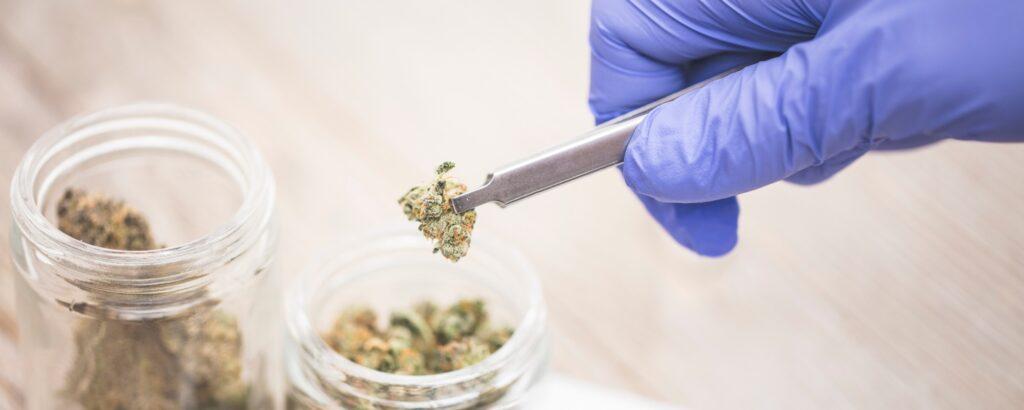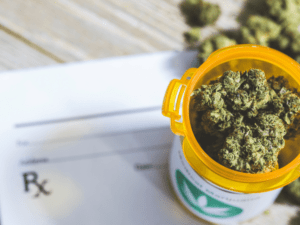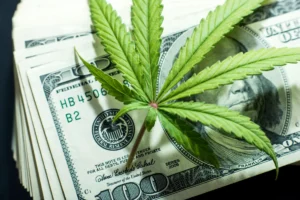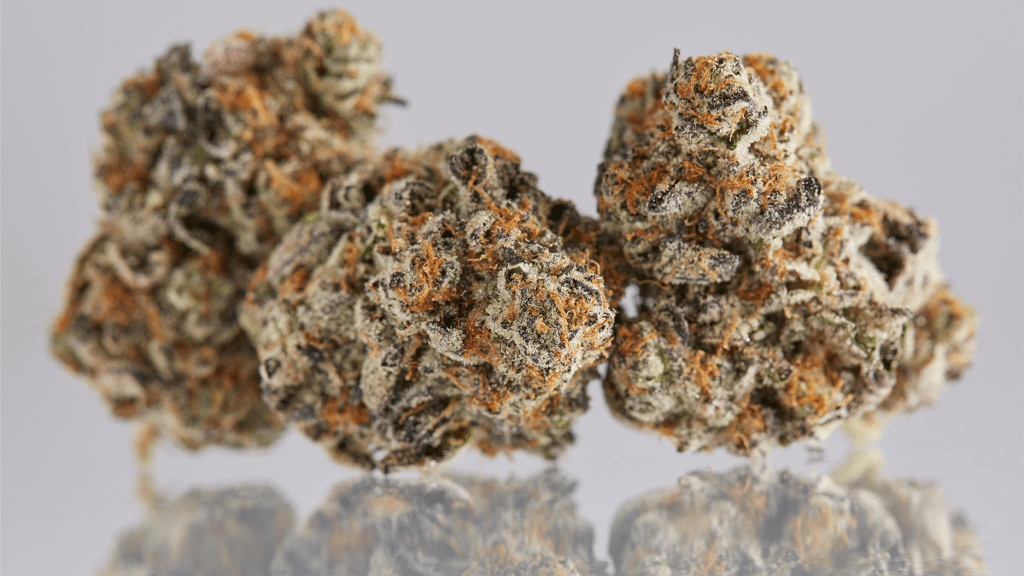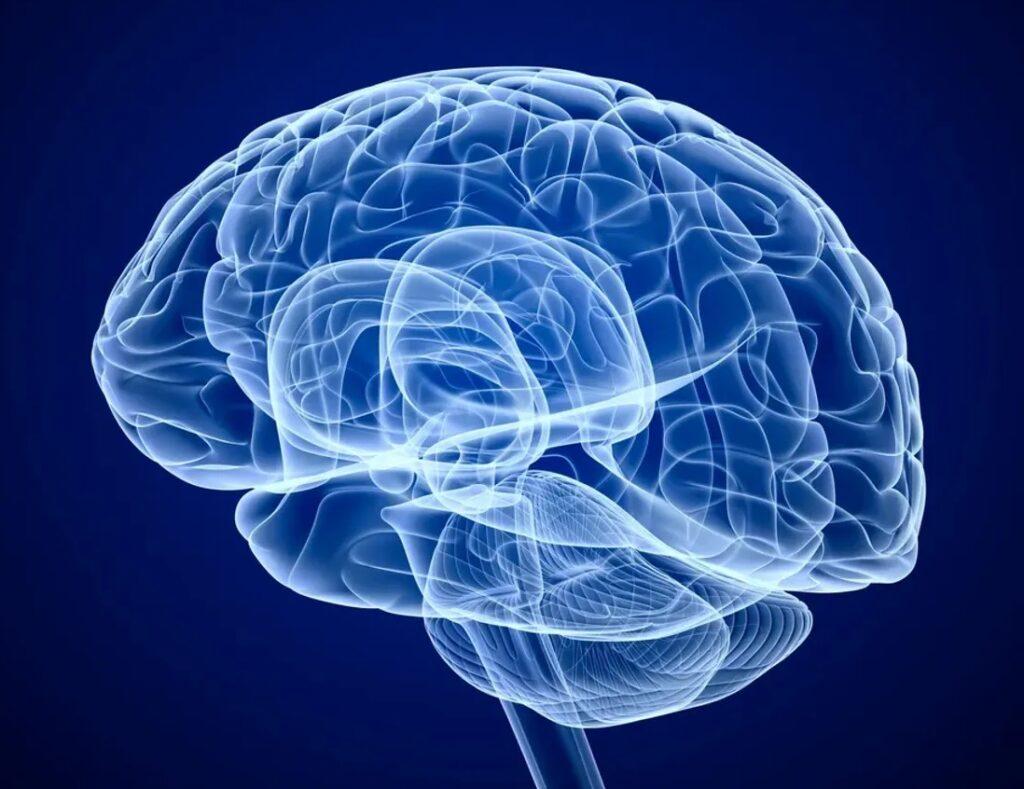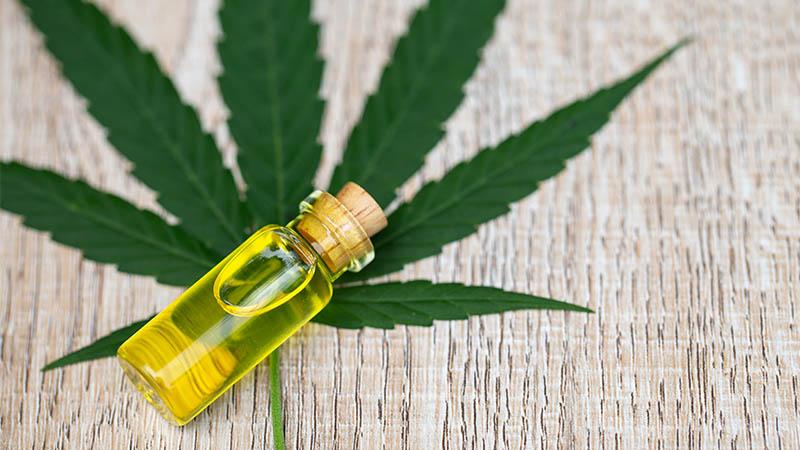The Senate today passed the Medical Marijuana and Cannabidiol Research Expansion Act, which would expand research into marijuana-derived medications.
H.R. 8454 passed the House of Representatives in July by an overwhelming vote of 325 to 95. The measure now goes to the desk of President Biden, who is expected to quickly sign it into law.
The senate bill was introduced by Senators Dianne Feinstein (D-Calif.), Chuck Grassley (R-Iowa) and Brian Schatz (D-Hawaii), and passed the House under the leadership of Representatives Earl Blumenauer (D-Ore.) and Andy Harris (R-Md.). Passage of the bill in the House and Senate marks the first time a standalone piece of marijuana reform legislation has ever been sent to a president.
Continue reading

